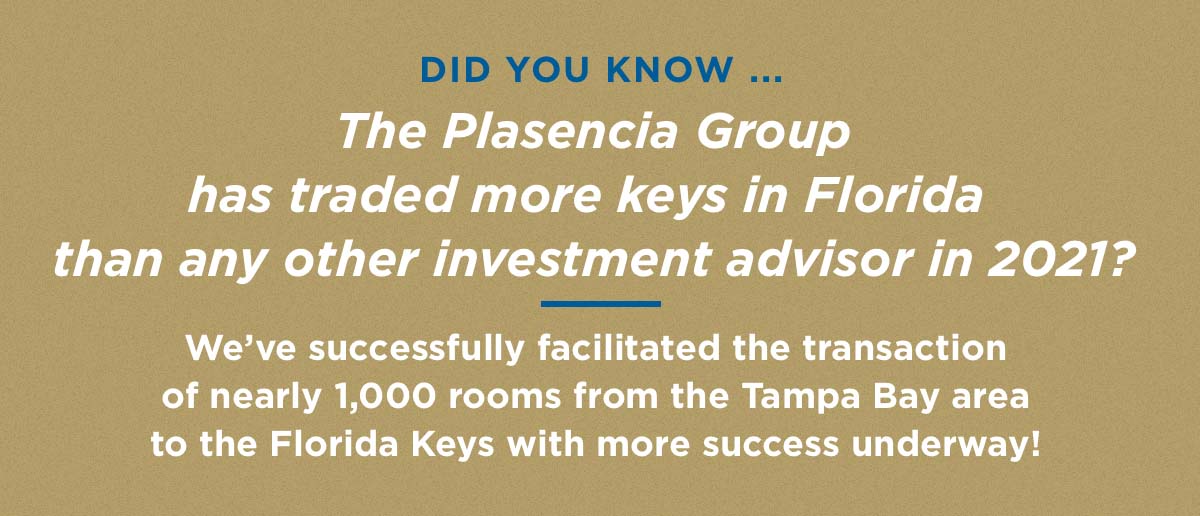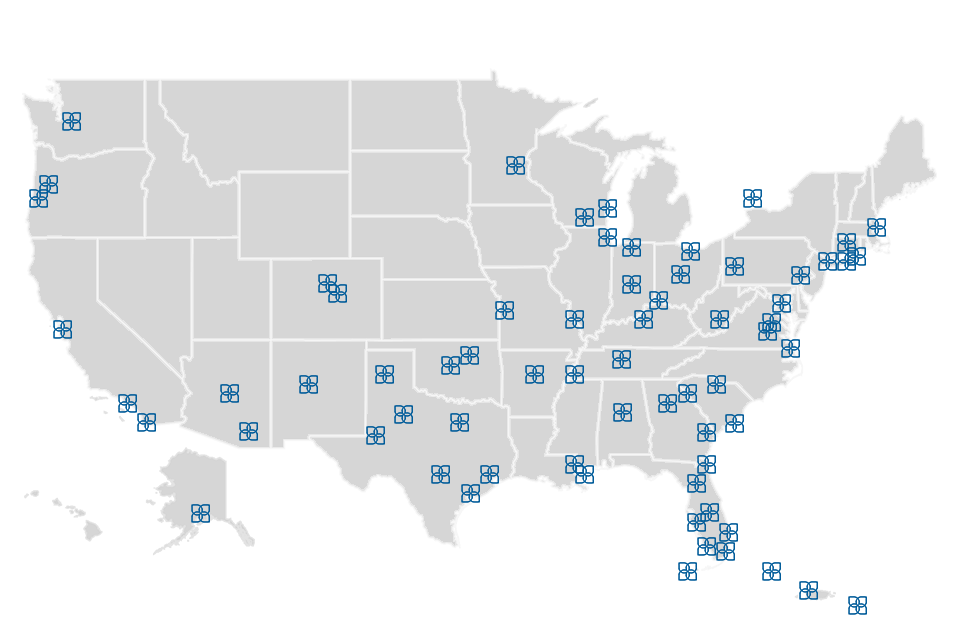Posted October 5, 2021
Combined business and leisure trips supporting resurgent corporate demand in many markets
Bleisure—the combination of business and leisure trips—could be a trend that’s here to stay for the foreseeable future. As business travelers steadily begin to hit the road again, industry experts such as hotel brand CEOs and analysts from PwC and Deloitte anticipate that their visits might be fewer, though longer, spending more time per trip with their teams and clients than before the pandemic. Some business travelers are then combining their work trips with some time for distractions and rest.
So which hotel types stand to benefit the most? By and large, full-service properties with a leisure component or near leisure destinations, and even resorts in and near major metropolitan areas, will likely prove to be the earliest to recover to 2019 occupancy and rate levels, for a variety of reasons.
Corporate retreats
Off-site corporate training sessions and team retreats may become more common as companies adopt a remote-forward or hybrid work environment and perhaps even downsize their office footprints. It’s inarguable that in-person interactions will always be an important component of a company’s culture and ultimately its success, so leaders will look for ways to bring their organizations together for stints of intensive, quality time. After several days of hard work, leaders may also want to incorporate leisure elements such as golf or other outdoor activities into these team meetings. These team-building and social activities present another boon to properties that tout recreational activities as part of their offering. Examples of the types of assets that could benefit most from this trend include resorts or waterfront hotels in destinations with generally favorable year-round weather, such as those in Florida or Texas. These types of properties are already seeing very strong demand, with some outperforming 2019 through the Spring and Summer of 2021. Similarly, markets with distinctive leisure attractions, like New Orleans, Austin, or Nashville, could be ideal destinations for these types of bleisure trips. An evening in the French Quarter or attending a private museum tour and reception after a day of seminars would be quite appealing to employees who have been limited to virtual interactions for eighteen months.
Family trips
Business travelers will likely continue take advantage of expanded flexibility in their household schedules by inviting family members to join them on business trips. Say, for example, a salesperson’s spouse is able to work remotely and their children are able to complete certain schoolwork online in a hybrid educational arrangement. In this case, it may make sense to include a long weekend or family a vacation with a client visit on occasion. Destinations with true leisure or cultural attractions such as Orlando, Nashville or Washington, D.C. have plenty of activities for a family to enjoy after the week’s business appointments are complete.
It is evident that the appeal of bleisure travel may extend well beyond the recovery portion of the industry’s post-pandemic cycle, especially as the pent-up demand for travel steadily exhausts itself over the coming months. The hotels and resorts that assertively and effectively position themselves to serve both business and leisure travelers will benefit from having access to the combined traveler profile, leaning on leisure demand in the near-term and shifting a focus to corporate business in the future. Prudent owners and management teams need to ensure that they are effectively marketing their hotels and resorts to the surging bleisure segment of travelers and employing smart revenue management strategies to match the demand.



